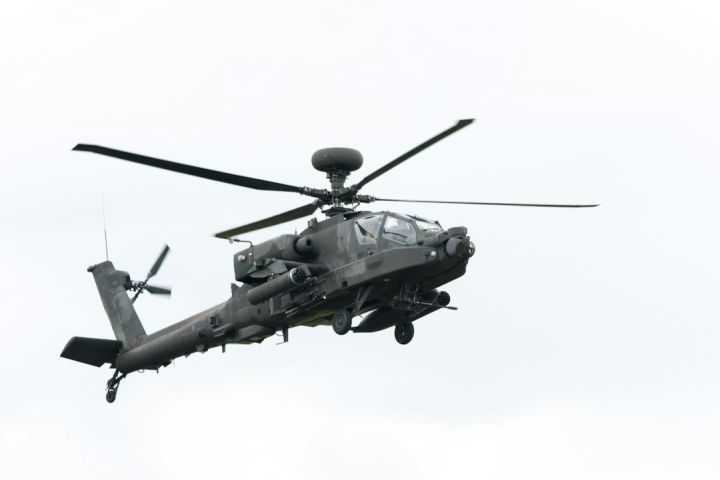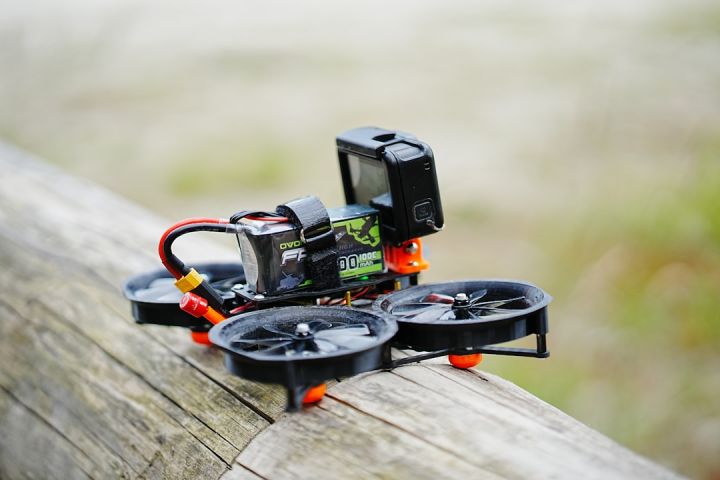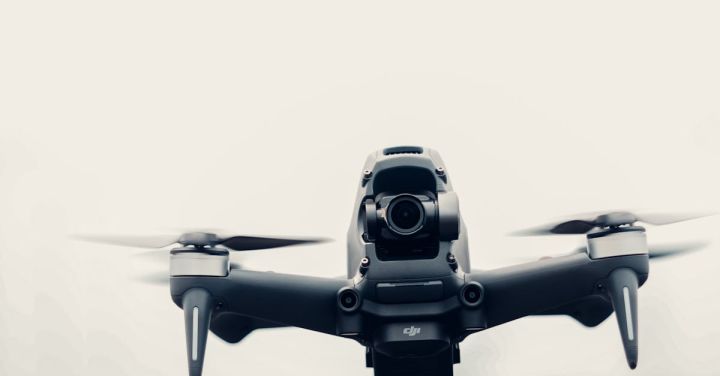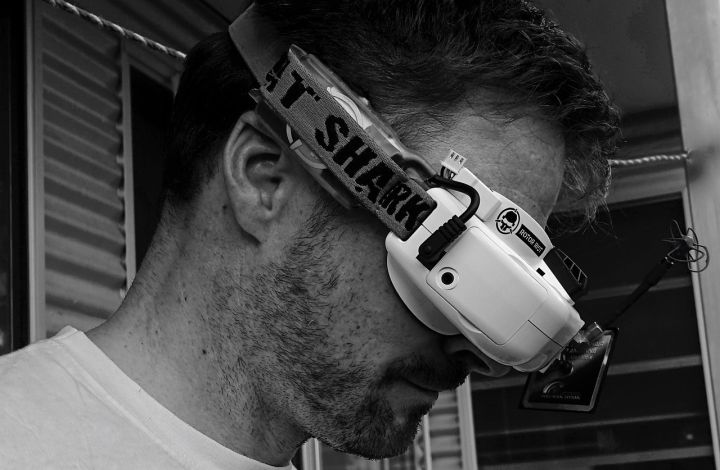What Are the Challenges of Flying a Rc Helicopter?
Flying a remote control (RC) helicopter can be an exciting and rewarding hobby. It allows enthusiasts to experience the thrill of piloting an aircraft without leaving the ground. However, like any hobby, flying RC helicopters comes with its own set of challenges. In this article, we will explore some of the common challenges that RC helicopter pilots face and how to overcome them.
Mastering the Controls
One of the biggest challenges of flying a RC helicopter is mastering the controls. Unlike flying a toy drone, which typically has a simplified control system, RC helicopters require more precise and coordinated control inputs. The pilot must use both hands to manipulate the control sticks, simultaneously adjusting throttle, pitch, roll, and yaw.
To overcome this challenge, it is essential to practice regularly and develop muscle memory. Start with basic maneuvers, such as hovering and simple forward flight, before moving on to more advanced maneuvers. Take the time to understand the function of each control stick and how they affect the helicopter’s movement. With patience and practice, you can gradually gain confidence and master the controls.
Dealing with Wind
Another challenge that RC helicopter pilots face is the wind. Wind can significantly affect the stability and maneuverability of a helicopter in flight. Strong gusts can make it difficult to maintain control and can even blow the helicopter off course.
To overcome this challenge, it is important to check the weather conditions before flying. Avoid flying on windy days, especially if you are a beginner. If you do find yourself flying in windy conditions, try to keep the helicopter as low to the ground as possible, where the wind is less turbulent. Additionally, adjusting the helicopter’s pitch and throttle can help compensate for the wind and maintain stability.
Understanding Maintenance and Repairs
Maintaining and repairing a RC helicopter can be a challenge, especially for beginners. RC helicopters are complex machines with many moving parts, and they are prone to crashes and mechanical failures. Understanding how to properly maintain and repair your helicopter is crucial for keeping it in optimal condition.
To overcome this challenge, take the time to read the instruction manual thoroughly and familiarize yourself with the helicopter’s components. Learn how to perform routine maintenance tasks, such as cleaning, lubricating, and adjusting the rotor blades. Additionally, invest in a good quality toolkit and spare parts, so you are prepared for any repairs that may be needed.
Managing Battery Life
RC helicopters are powered by rechargeable batteries, which have a limited lifespan. Managing battery life can be a challenge, especially if you are flying for an extended period or performing advanced maneuvers that require more power.
To overcome this challenge, it is important to invest in high-quality batteries that provide longer flight times. Keep track of your flight durations and recharge the batteries as soon as they start to lose power. Additionally, consider purchasing spare batteries, so you always have a backup ready to go.
Conclusion
Flying a RC helicopter can be a thrilling and enjoyable hobby. However, it is not without its challenges. Mastering the controls, dealing with wind, understanding maintenance and repairs, and managing battery life are just a few of the hurdles that RC helicopter pilots may encounter. By dedicating time to practice, staying informed about proper maintenance, and being prepared for unexpected repairs, you can overcome these challenges and fully enjoy the exhilarating experience of flying a RC helicopter.







